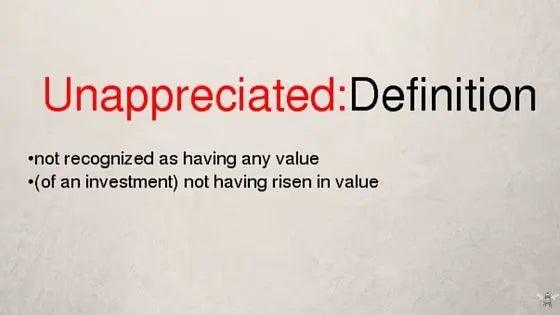
Value of Quilts: The Harmful Impact on Neurodiverse Quilters
Quilting is a wonderful craft that requires patience, skill, and creativity. Many people take up quilting as a hobby, and some even turn it into a business. However, there is a growing concern among the neurodiverse quilting community that selling quilts for little value is harming their ability to make a living from their craft. In this blog post, we will explore why selling quilts for little value is hurting neurodiverse quilters and what we can do to support them.
First, it is important to understand what we mean by the term "neurodiverse." Neurodiversity is the concept that there is a natural variation in human brain function, and that different ways of thinking and learning should be recognized and respected. This includes people with conditions such as autism, ADHD, dyslexia, and other neurological differences.
Many neurodiverse individuals have found quilting to be a therapeutic and fulfilling activity. It allows them to express their creativity, focus their attention, and find a sense of calm. Some have even turned their passion for quilting into a source of income, selling their creations online or at craft fairs.
However, the current trend of selling quilts for little value is making it difficult for neurodiverse quilters to earn a fair wage for their work. Many people are willing to buy quilts at a low price, often without considering the time and effort that went into making them. This creates a market where quilts are seen as cheap and disposable, rather than as a valuable work of art.
Neurodiverse quilters may find it particularly challenging to compete in this market. They may take longer to complete a quilt due to their neurological differences, which means they need to charge more to make a fair wage. However, if customers are used to buying quilts at a low price, they may be reluctant to pay more for a quilt made by a neurodiverse quilter.
This creates a cycle where neurodiverse quilters are undervalued and underpaid, which can make it difficult for them to continue quilting as a career. It can also be demoralizing, as they may feel that their work is not appreciated or valued.
So, what can we do to support neurodiverse quilters and help them earn a fair wage for their work? First and foremost, we need to recognize the value of their creations. Quilts are not just blankets – they are works of art that require skill, creativity, and dedication. We need to be willing to pay a fair price for a quilt, and to encourage others to do the same.
We can also support neurodiverse quilters by promoting their work and sharing their stories. Many neurodiverse quilters have inspiring stories of how quilting has helped them to cope with their neurological differences and find a sense of purpose. By sharing these stories, we can raise awareness of the challenges that neurodiverse quilters face and celebrate their achievements.
In conclusion, selling quilts for little value is hurting the neurodiverse quilting community. We need to recognize the value of their creations, and be willing to pay a fair price for their work. By supporting neurodiverse quilters, we can help them to continue quilting as a career and ensure that their contributions to the quilting community are recognized and valued.
Comments
Check out comments or add a new one.